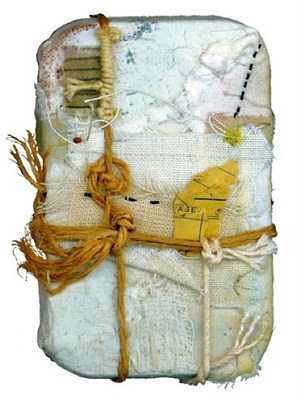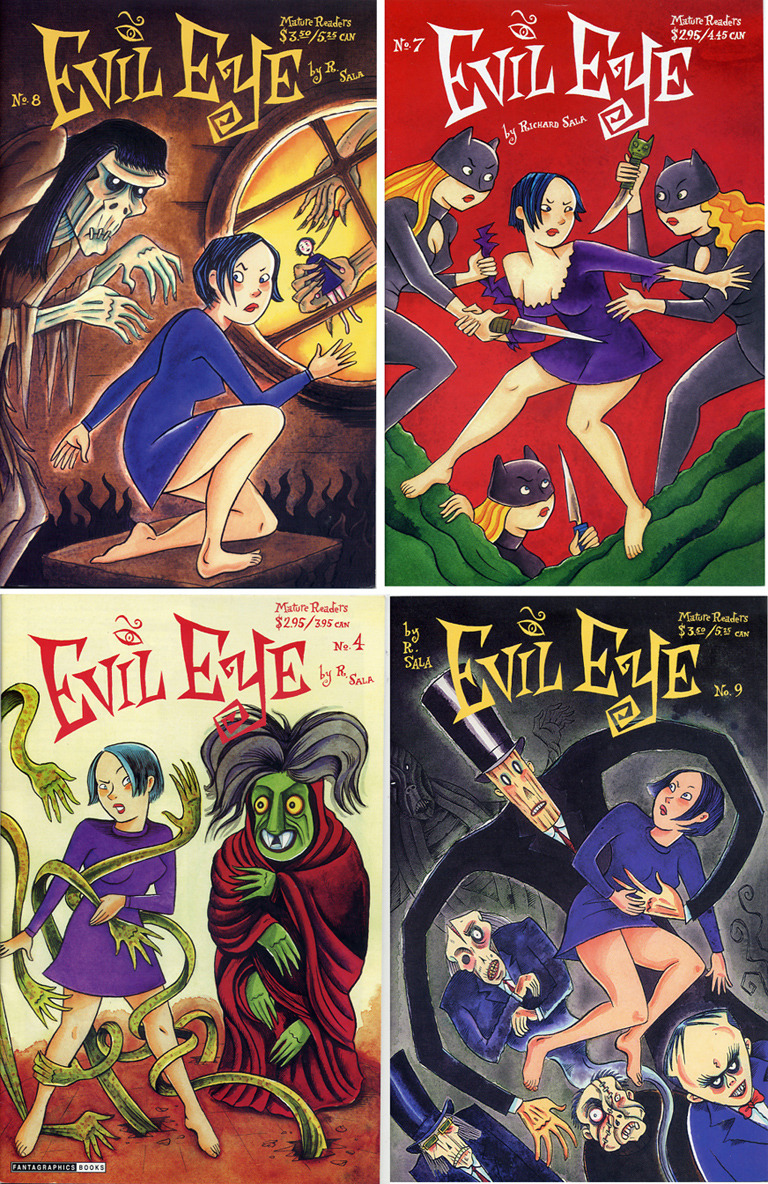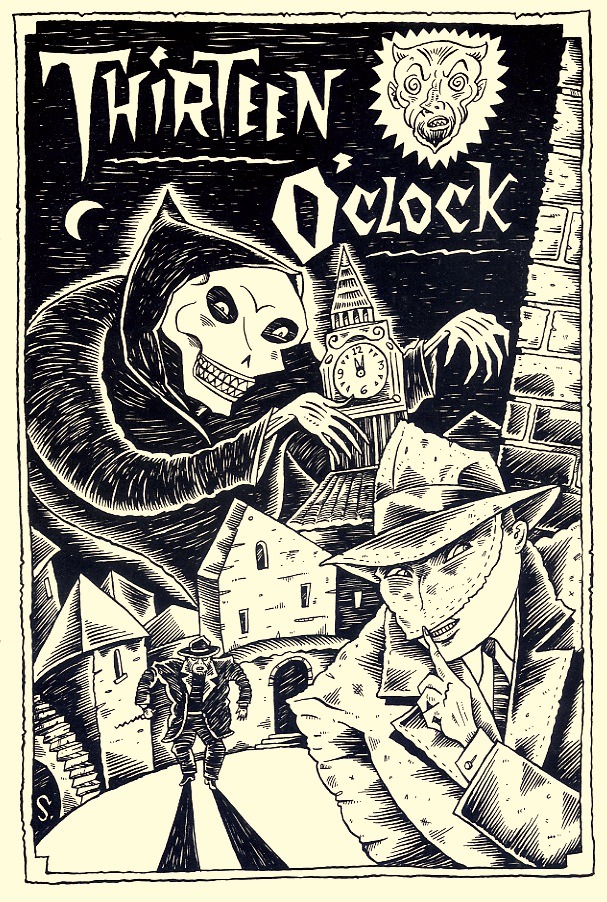"No birdsong in the hedgerow"
Coleridge demurred only partly because he was afraid of the enormous outlay of energy it takes to shepherd a young man to intellectual awareness (although that fear alone is usually what stops would-be preceptors in their tracks); the rest of it was the result of his up-close estimation of Charles: underneath the languid ‘Romantic’ pose of philosophical questing, there wasn’t a whole lot going on (“no birdsong in the hedgerow,” as one contemporary put it).





